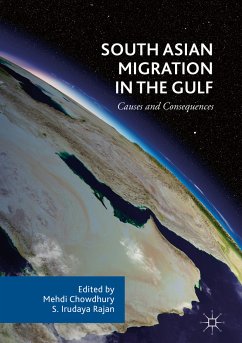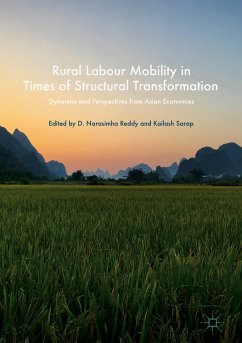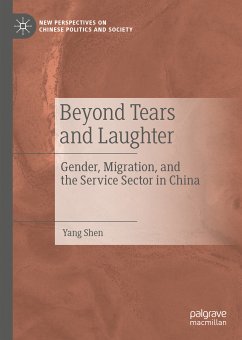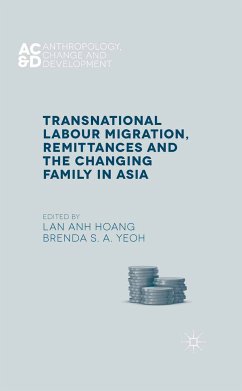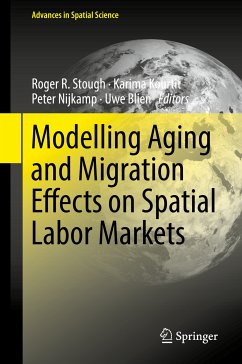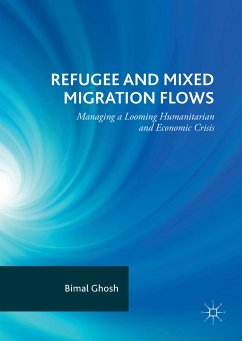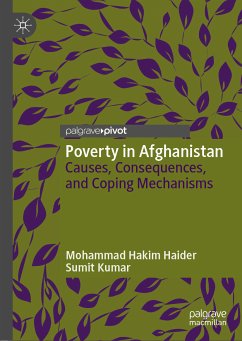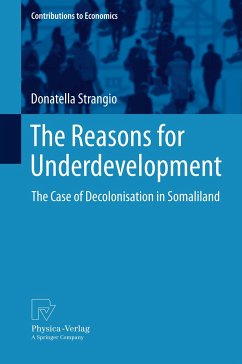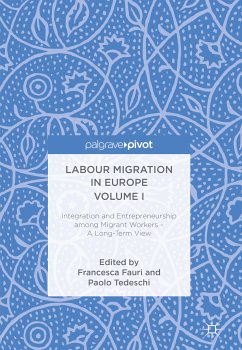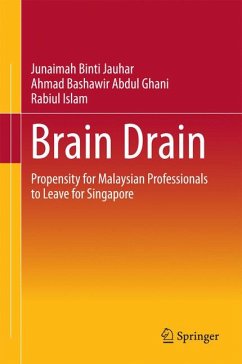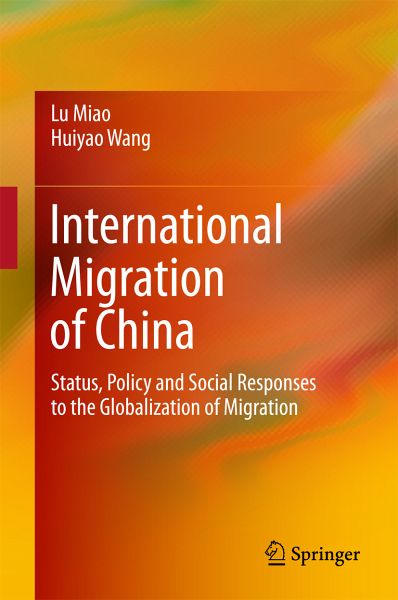
International Migration of China (eBook, PDF)
Status, Policy and Social Responses to the Globalization of Migration
Versandkostenfrei!
Sofort per Download lieferbar
80,95 €
inkl. MwSt.
Weitere Ausgaben:

PAYBACK Punkte
40 °P sammeln!
This book provides a systemic and detailed monographic study of Chinese outbound migration. It not only breaks down the basic trends of this migration with respect to destinations and the like, but also analyzes its unique features, which include the largely middle- and upper-class makeup of emigrants and their investment activities overseas, particularly when it comes to buying property. The Chinese are the largest foreign buyers of real estate in the US, Canada and Australia. By explaining this and other special aspects of Chinese emigration and their impact on China and receiving countries,...
This book provides a systemic and detailed monographic study of Chinese outbound migration. It not only breaks down the basic trends of this migration with respect to destinations and the like, but also analyzes its unique features, which include the largely middle- and upper-class makeup of emigrants and their investment activities overseas, particularly when it comes to buying property. The Chinese are the largest foreign buyers of real estate in the US, Canada and Australia. By explaining this and other special aspects of Chinese emigration and their impact on China and receiving countries, this book provides a fresh and interesting look at this important phenomenon.
Dieser Download kann aus rechtlichen Gründen nur mit Rechnungsadresse in A, B, BG, CY, CZ, D, DK, EW, E, FIN, F, GR, HR, H, IRL, I, LT, L, LR, M, NL, PL, P, R, S, SLO, SK ausgeliefert werden.



